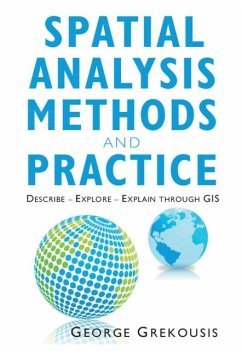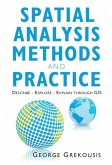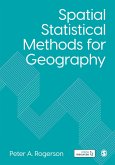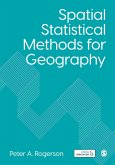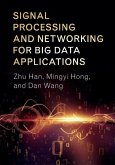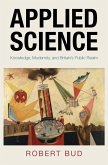This is an introductory textbook on spatial analysis and spatial statistics through GIS. Each chapter presents methods and metrics, explains how to interpret results, and provides worked examples. Topics include: describing and mapping data through exploratory spatial data analysis; analyzing geographic distributions and point patterns; spatial autocorrelation; spatial clustering; geographically weighted regression and OLS regression; and spatial econometrics. The worked examples link theory to practice through a single real-world case study, with software and illustrated guidance. Exercises are solved twice: first through ArcGIS, and then GeoDa. Through a simple methodological framework the book describes the dataset, explores spatial relations and associations, and builds models. Results are critically interpreted, and the advantages and pitfalls of using various spatial analysis methods are discussed. This is a valuable resource for graduate students and researchers analyzing geospatial data through a spatial analysis lens, including those using GIS in the environmental sciences, geography, and social sciences.
Dieser Download kann aus rechtlichen Gründen nur mit Rechnungsadresse in A, B, BG, CY, CZ, D, DK, EW, E, FIN, F, GR, HR, H, IRL, I, LT, L, LR, M, NL, PL, P, R, S, SLO, SK ausgeliefert werden.

